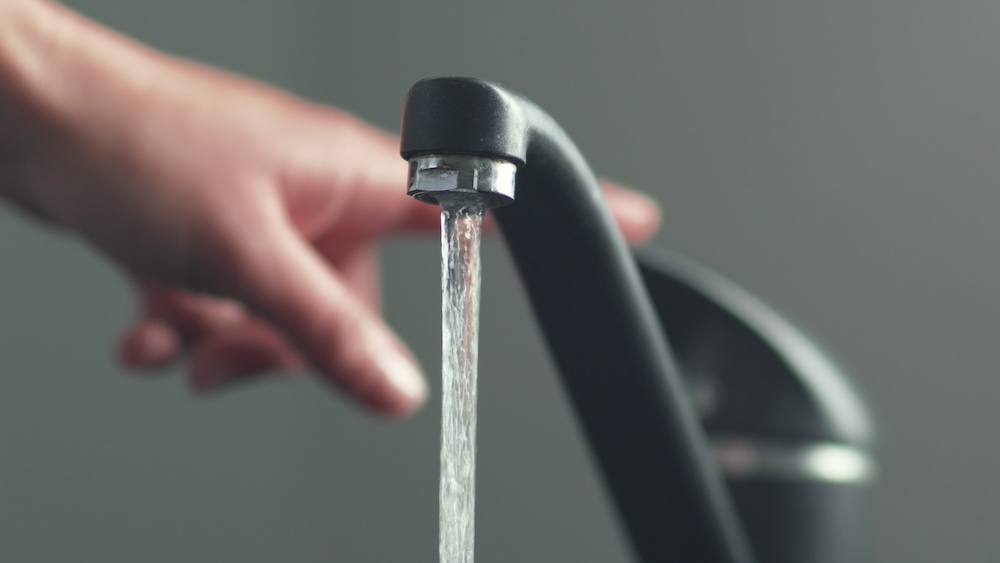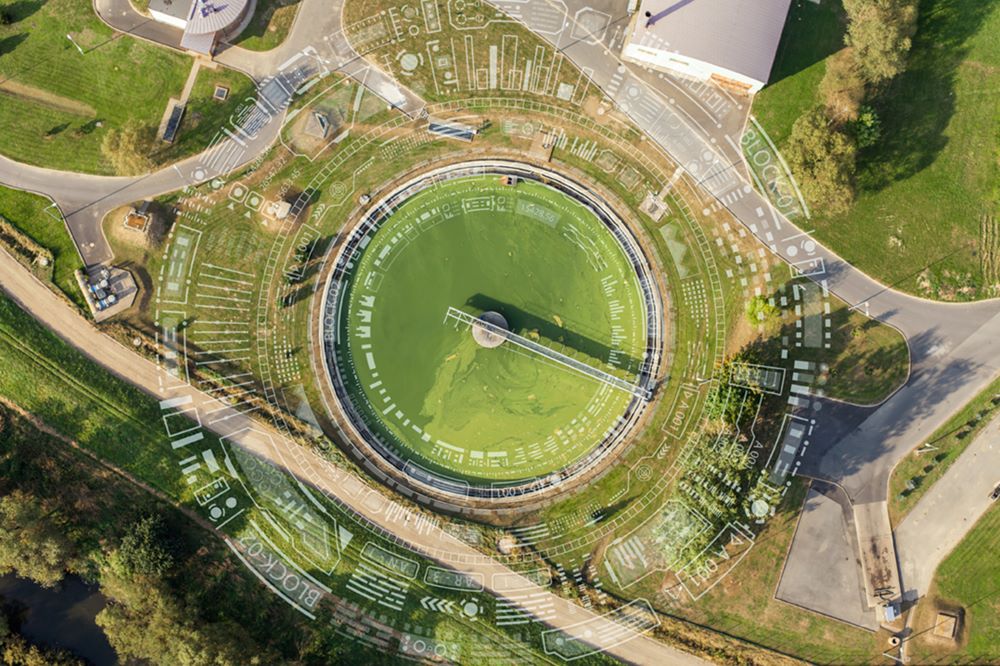A strong performance on innovation, procurement and contractual approach, means Northumbrian Water has risen to the top of the 2024 annual water company survey carried out by leading trade association British Water.
Key findings from the survey include:
- Most significant rise was Anglian Water, from 8th place to joint 2nd with Scottish Water
- Most significant drop was Yorkshire Water, down from 3rd place in 2023 to 11th in 2024
- Thames Water came 12th due to low scores on innovation, procurement and transition between regulatory asset management plan (AMP) periods
British Water’s annual UK Water Company Performance Survey asks contractors, consultants and suppliers to rate their clients’ performance in 12 areas, including professionalism, contractual approach and communication.
For the third year running, innovation continues to be the lowest scoring area – at a time when there are widespread calls for water companies to find new ways of working to address key challenges. The average score for innovation was 6.3, which has dropped from last year’s average score of 6.4 out of ten.
Lila Thompson, chief executive, British Water said, “It is frustrating to see innovation continue to score poorly year-on-year, despite the pressing challenges facing our sector. Innovative ways of working and thinking are crucial for the water sector to address challenges such as population growth, climate change, and affordability.
“I would very much like to see an increase in resources for innovation at the core of water company strategies and operations, and a strong culture of innovation embedded within and across companies. Collaboration within and outside the water sector is essential for inspiring new ideas and applications, encouraging innovation, and sharing the benefits for customers, the environment and wider society,” added Thompson.
This year, Anglian Water leads the pack on innovation, with an average innovation score of 8.4 against an industry average score of 6.3, while Thames Water trails other companies with an average innovation score of 4.7.
Northumbrian Water had the highest score for impact on supply chain, with 8.4 against an industry average of 7.2, with high scores for engagement with the supply chain and willingness to absorb inflationary costs, as well as the highest score for AMP transition – 8.8 – against an industry average of 7.1.

Lila Thompson, Chief Executive, British Water
“In today’s resource-constrained market, the supply chain plays a vital role in helping utilities meet customers’ expectations, and failure to engage could result in water companies underdelivering the vast programme of works anticipated in AMP8 – the 2025-30 five-year period, and other significant investment programmes across the UK,” said Thompson.
The second lowest scoring area in the survey was contractual approach, including speed of payment, allowing sufficient time for contractual agreements and terms & conditions, as well as attitudes towards collaboration, flexibility and adaptability.
“The fact we are continuing to see low scores for innovation, contractual approach and AMP transition is a clear indication that work still needs to be done as we approach the next AMP,” said Thompson.
“The sector will be better able to tackle its shared challenges by bringing together individual companies, including utilities and the supply chain, along with the close engagement of key sector organisations such as Water UK, UKWIR, Spring, The Institute of Water and CIWEM – as well as British Water’s UK, technical and international forums and the Water Industry Forum,” she added.
British Water’s annual survey was first undertaken in early 2003 in response to companies asking for feedback on how they were viewed by the industry supply chain, and how they were seen to compare with others. The survey seeks views of individuals working in the industry rather than a corporate standpoint and on this occasion, the majority of responses related to the water and sewerage companies, rather than water-only companies.
The survey reflects a variety of opinions across the supply chain at every level of business. This range of views provides valuable insights for the industry into how water companies interact with their supply chain, how the supply chain feels about this, and the progress water utilities have made over the years.
The 2024 survey results, and those from previous years, can be seen Here







